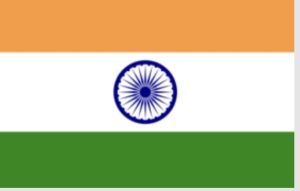The year 2024 was an extraordinary “election year,” with votes held in countries representing nearly half of the world’s population.
Notably, ruling parties were defeated in most of these countries.
In the G7, Donald Trump made a comeback in the U.S. presidential election on November 5, while the Labour Party returned to power in the UK on July 4 after 14 years in opposition.

Ruling parties also lost their majorities in France’s general election in July and in Japan’s House of Representatives election on October 27.

Power shifts are expected in next year’s general elections in Germany and Canada.

Of the leaders who participated in the G7 Summit this June, only Ms. Giorgia Meloni—who served as the host and is Italy’s first prime minister with a past in a neofascist organization—has managed to maintain a stable government.

In Asia, although Lai Ching-te—the successor to the Tsai Ing-wen administration—won Taiwan’s presidential election on January 13, the ruling Democratic Progressive Party (DPP) slipped to become the second-largest party in the concurrent Legislative Yuan election.

In South Korea’s general election on April 10, the opposition Democratic Party secured a landslide victory, which later became one of the factors leading to the declaration of martial law in December.

In India’s general election (April–June), Prime Minister Narendra Modi’s Bharatiya Janata Party (BJP) lost its majority.

Ruling parties only emerged victorious in authoritarian nations: Russia’s presidential election in March, Venezuela’s presidential election in July, and Georgia’s general election in October. Notably, the election results in Venezuela and Georgia continue to be disputed.

These outcomes clearly indicate that the world has entered a major phase of political transformation.
In this final column of the year, I would like to examine global long-term trends in two parts.







